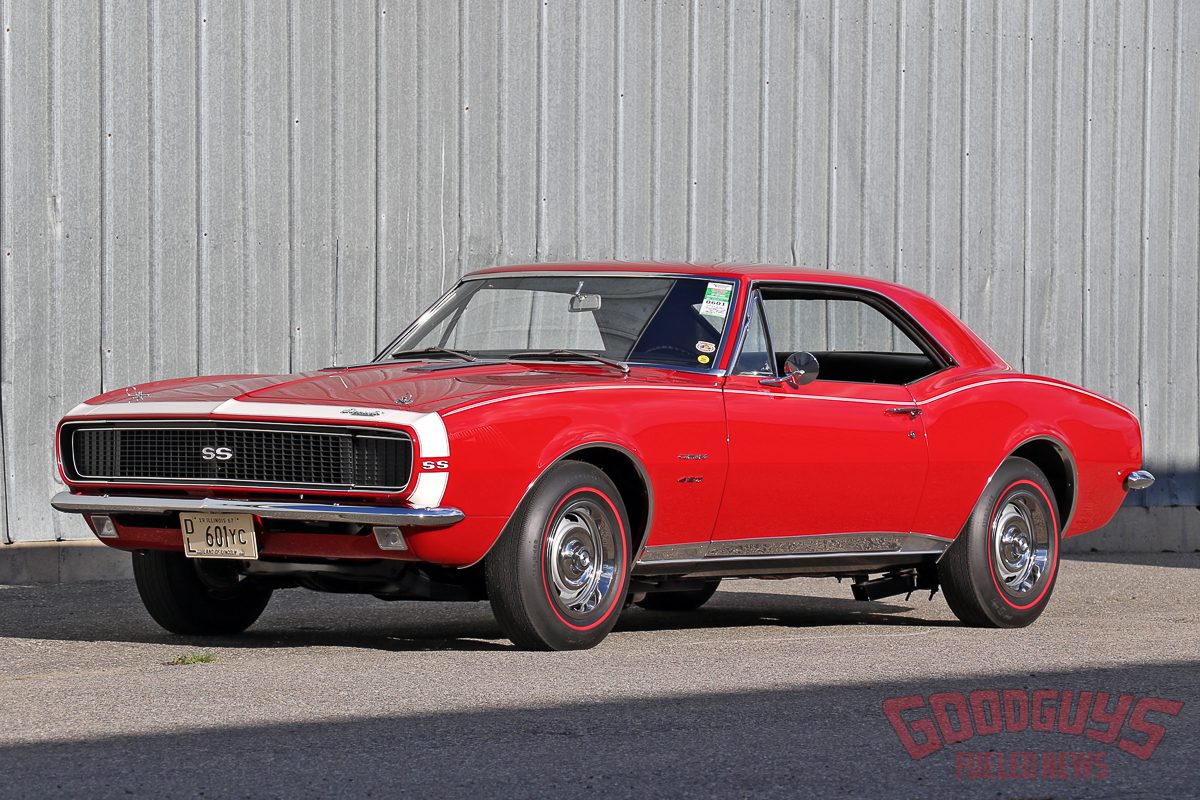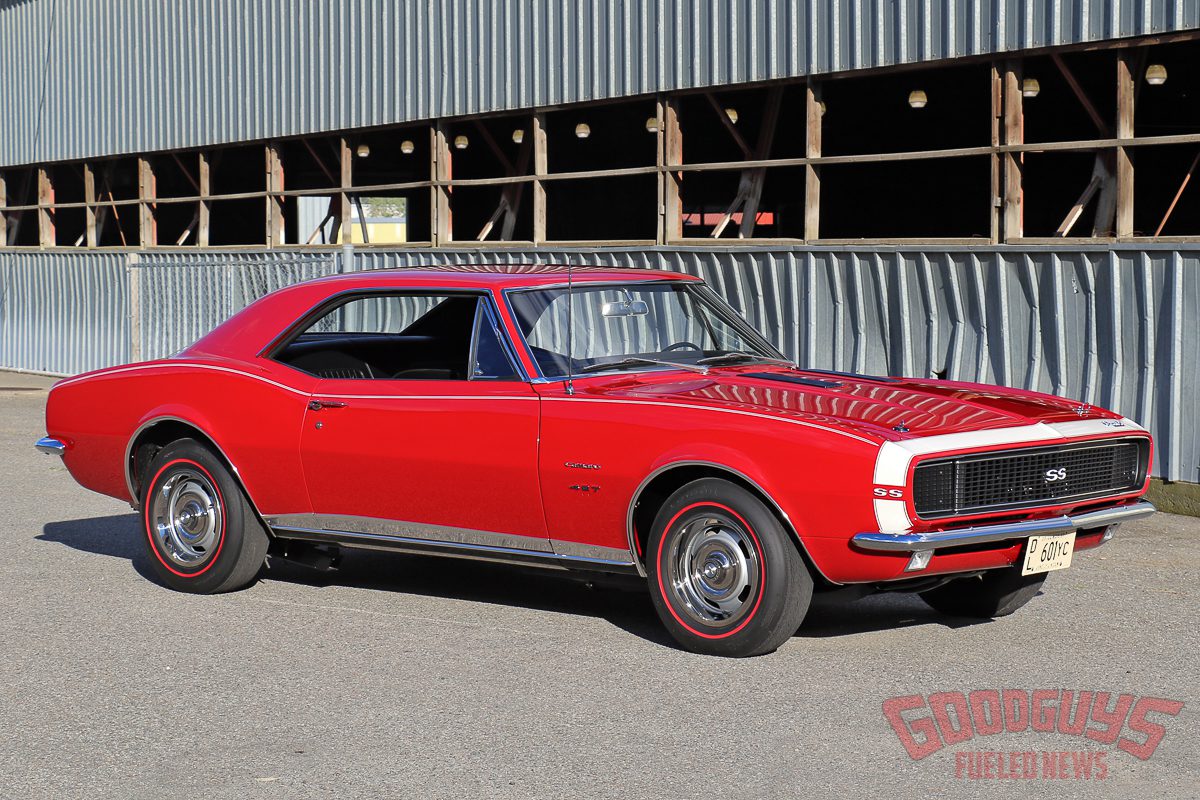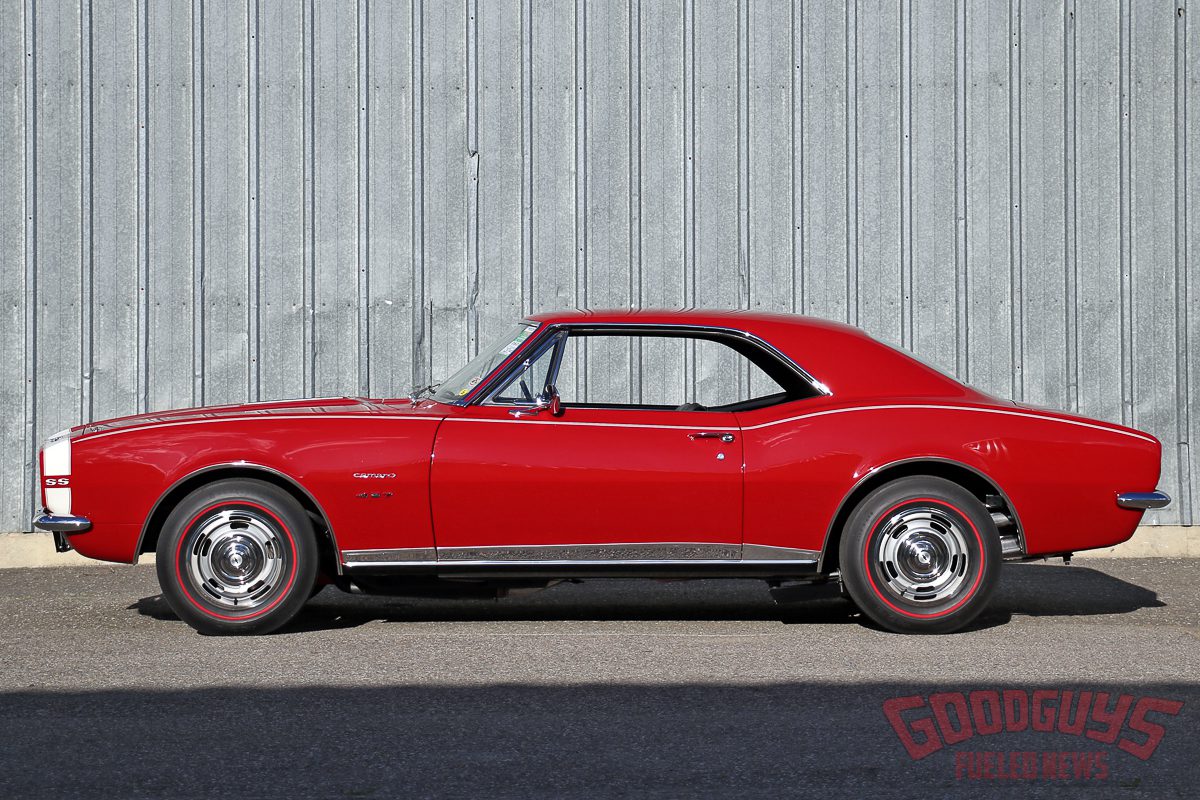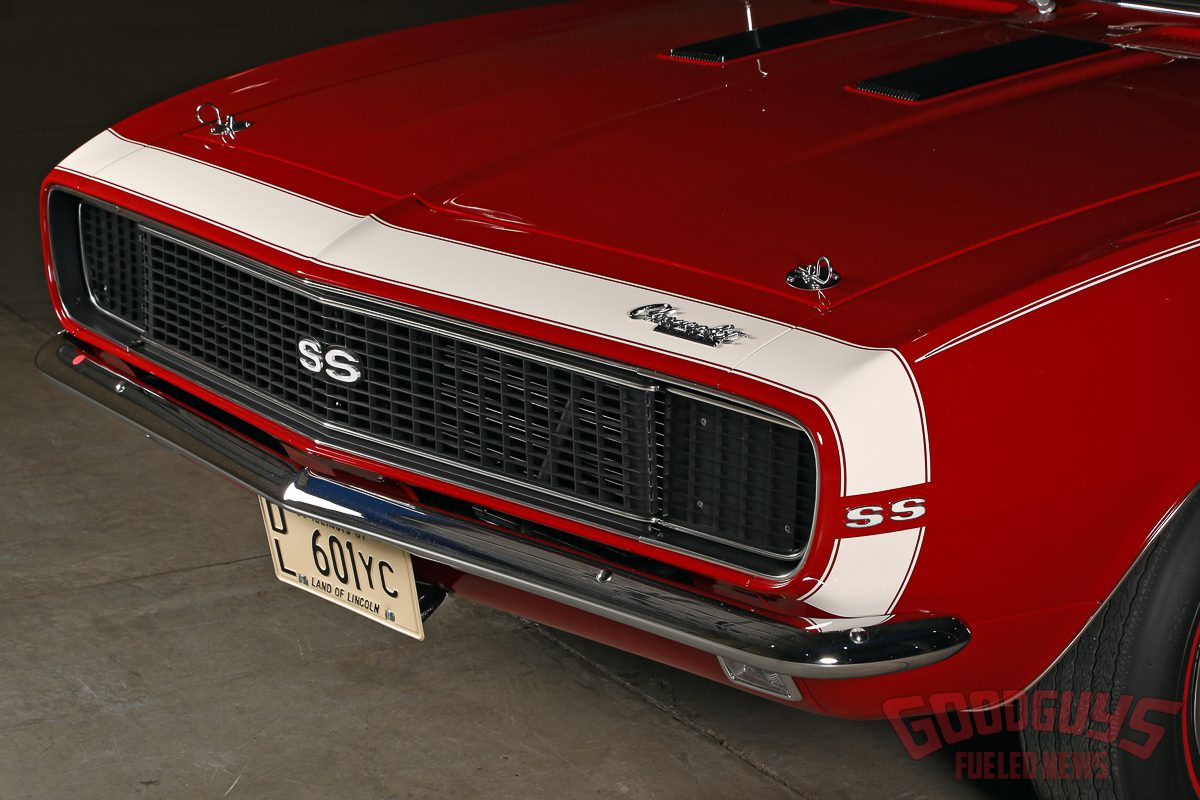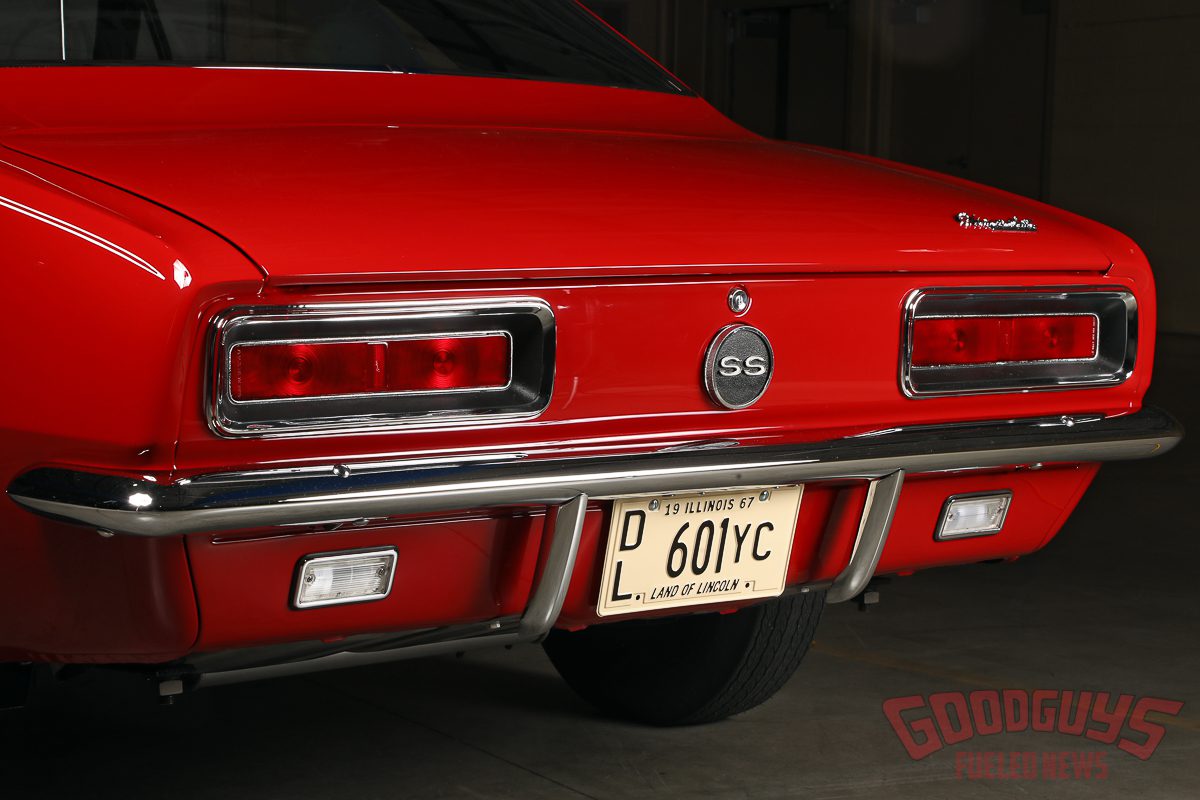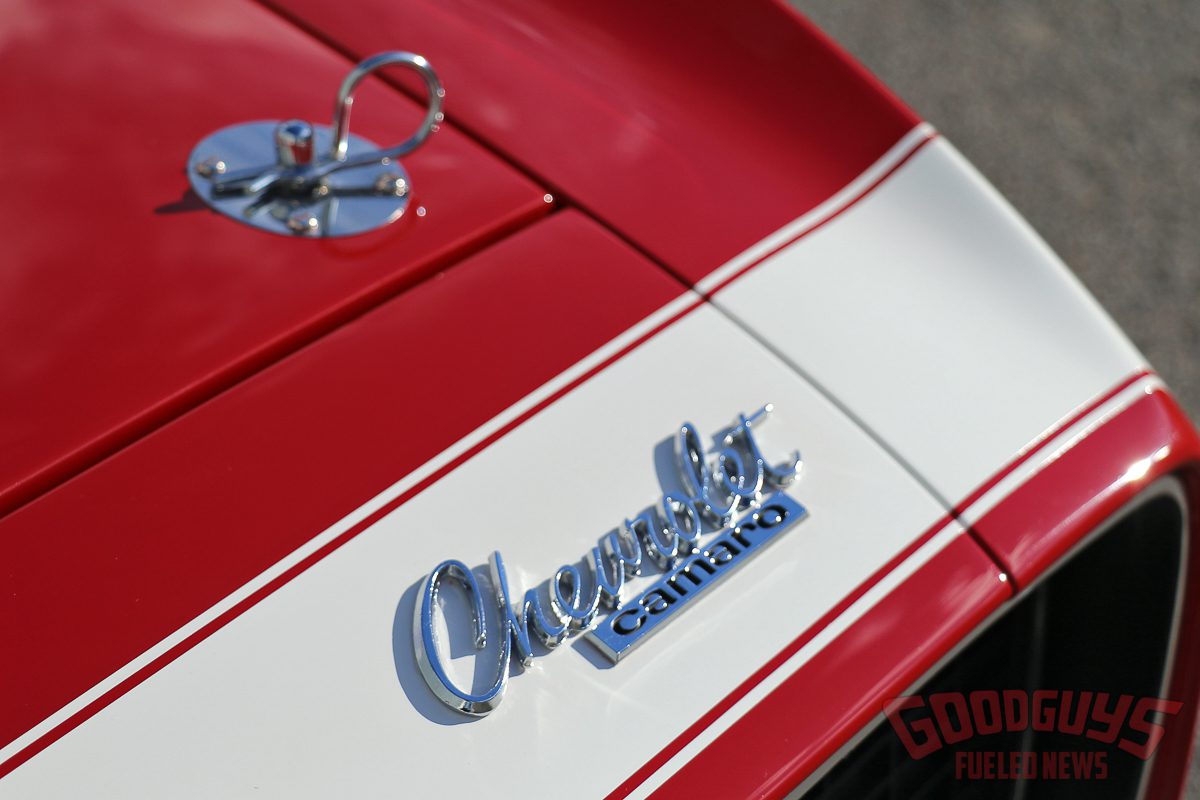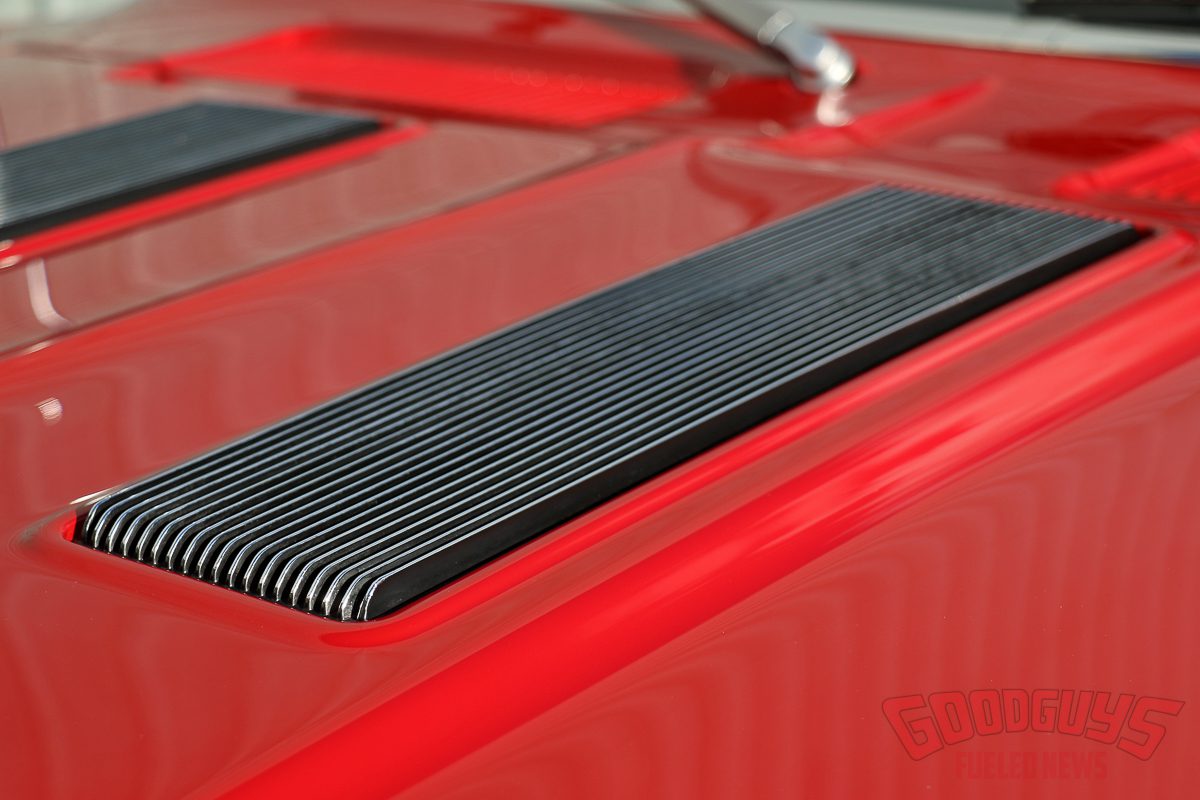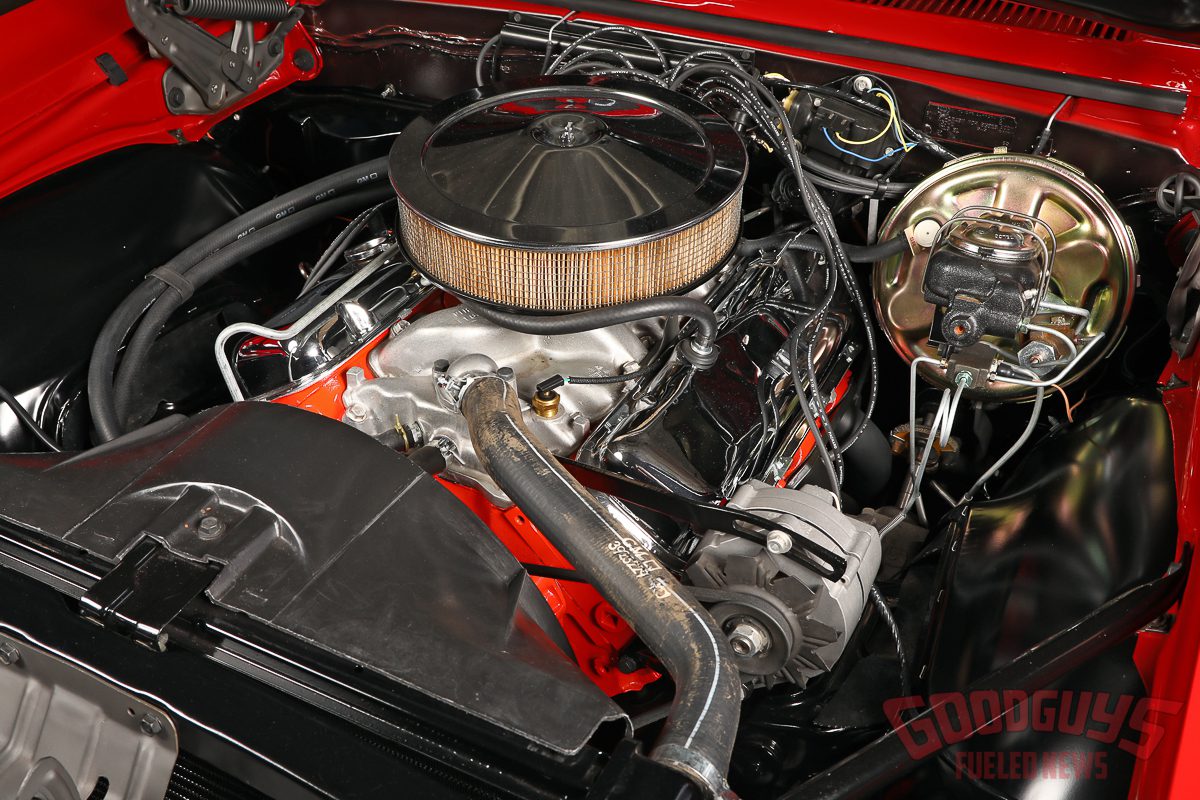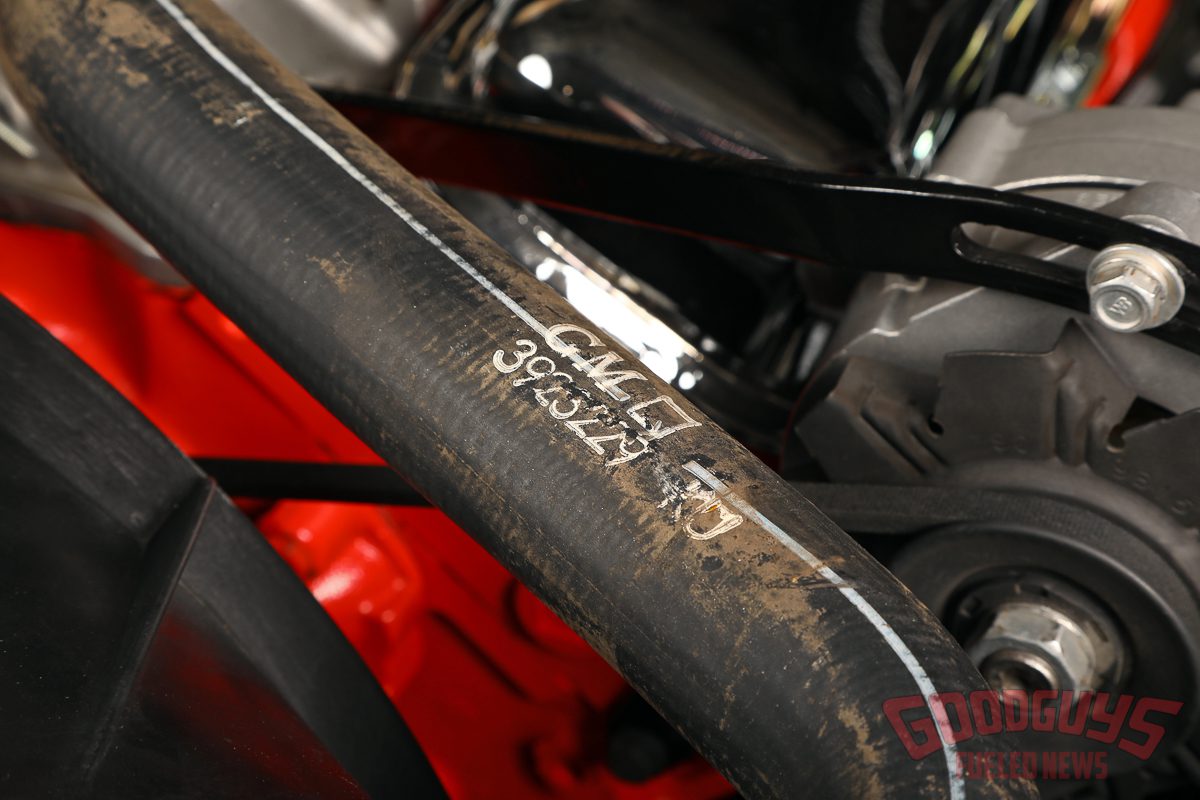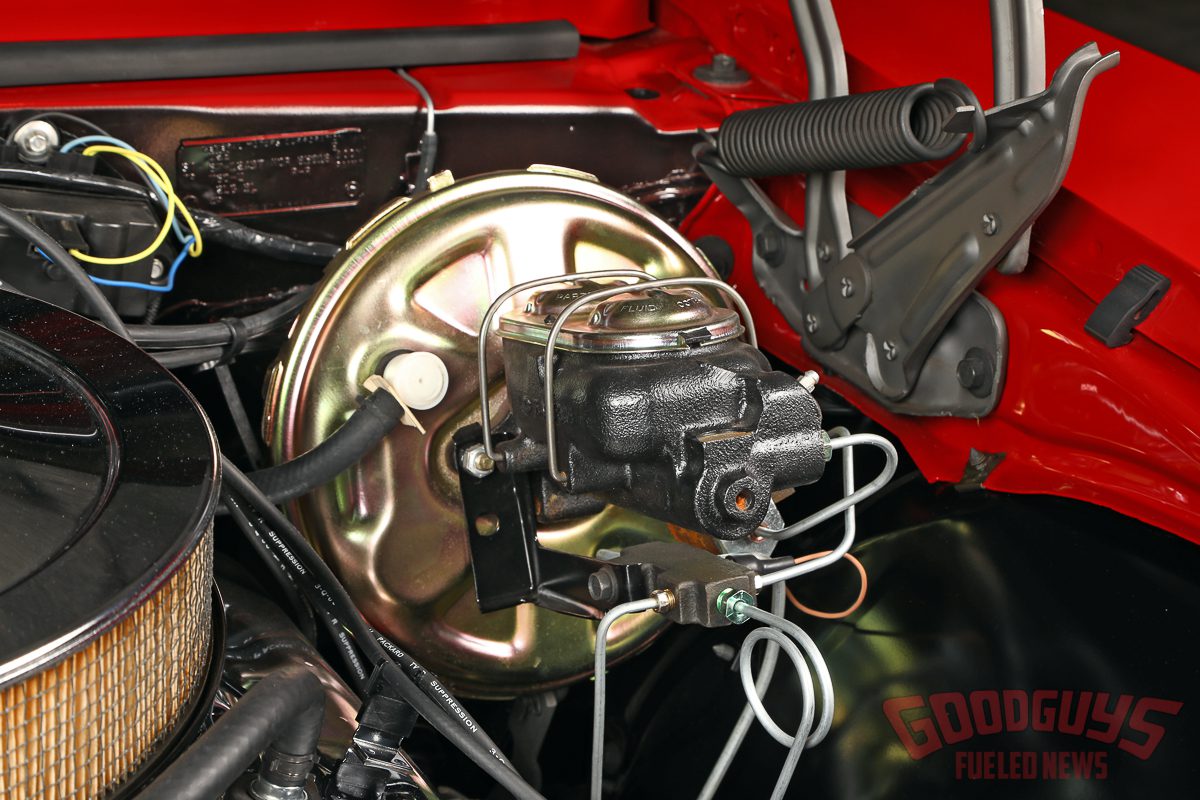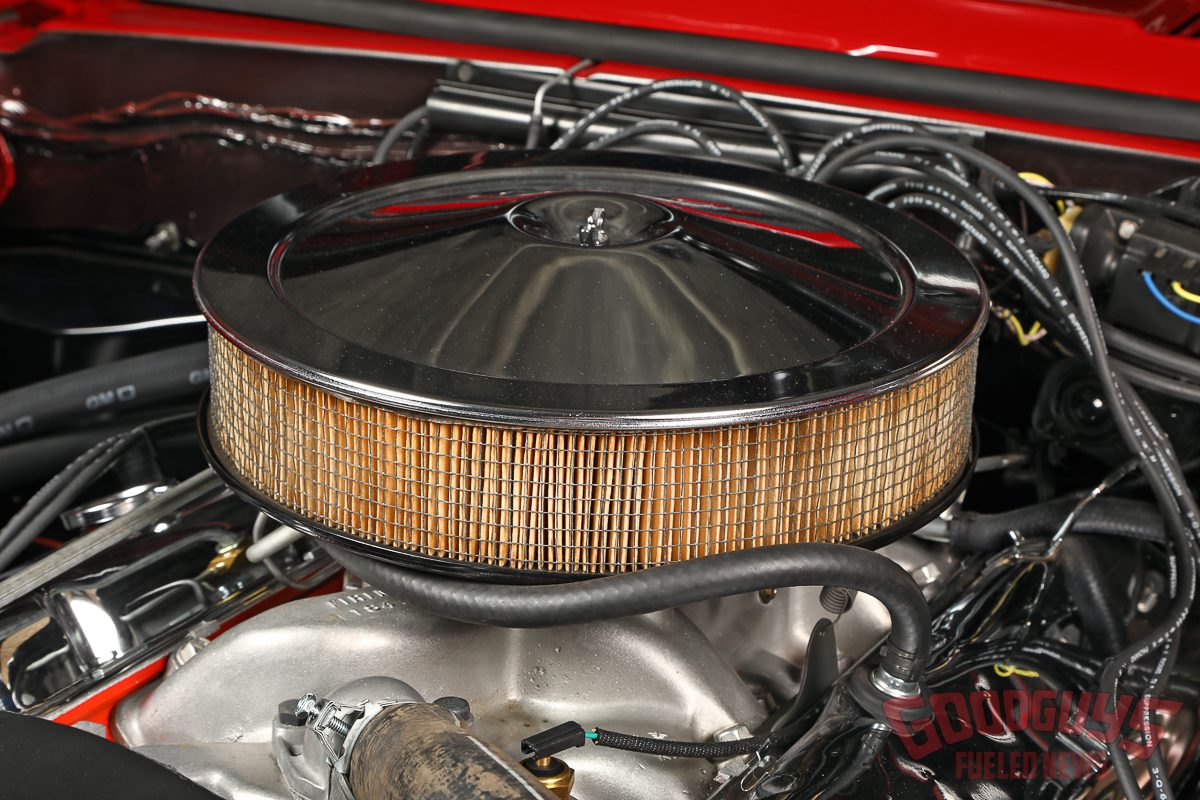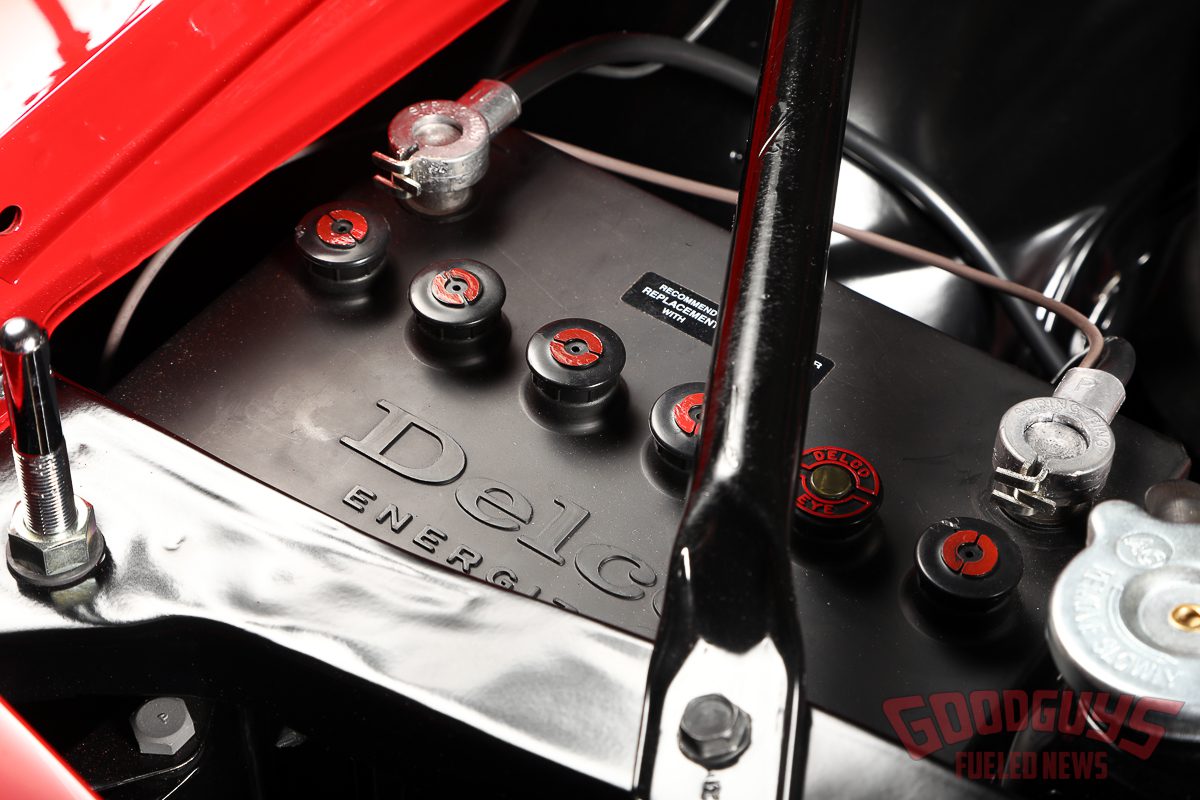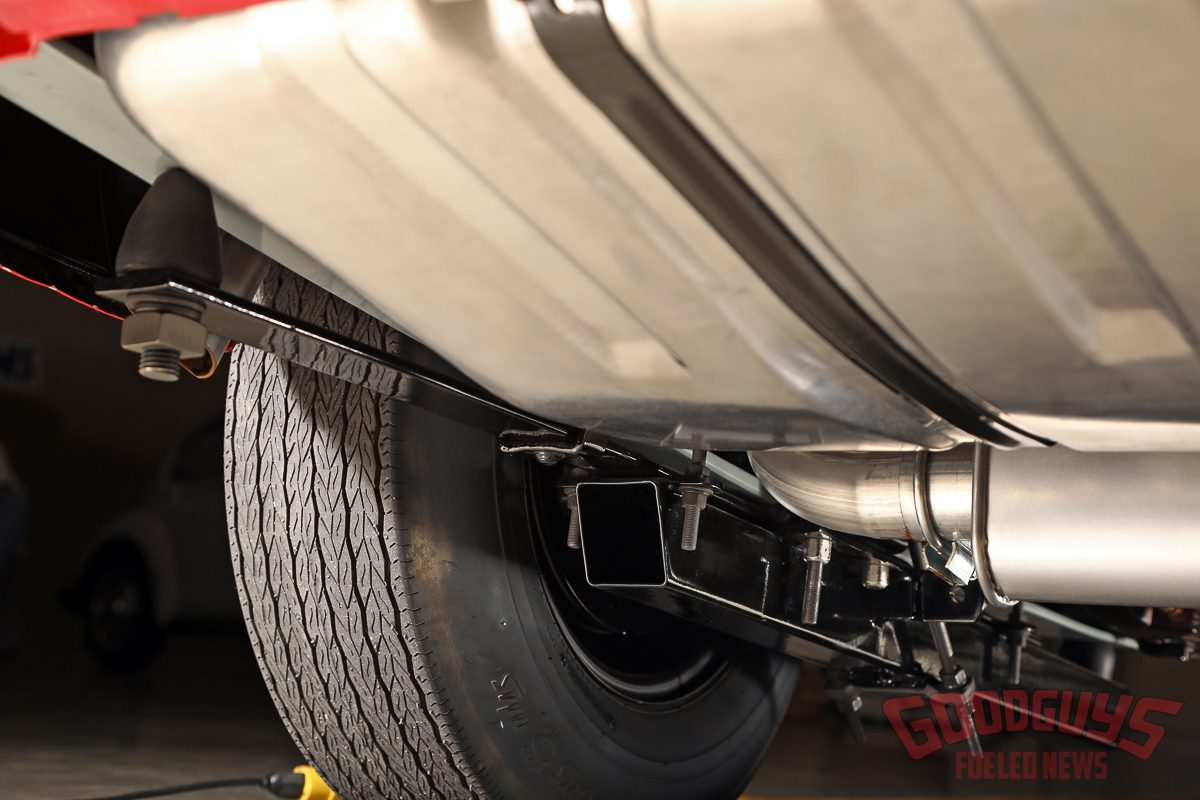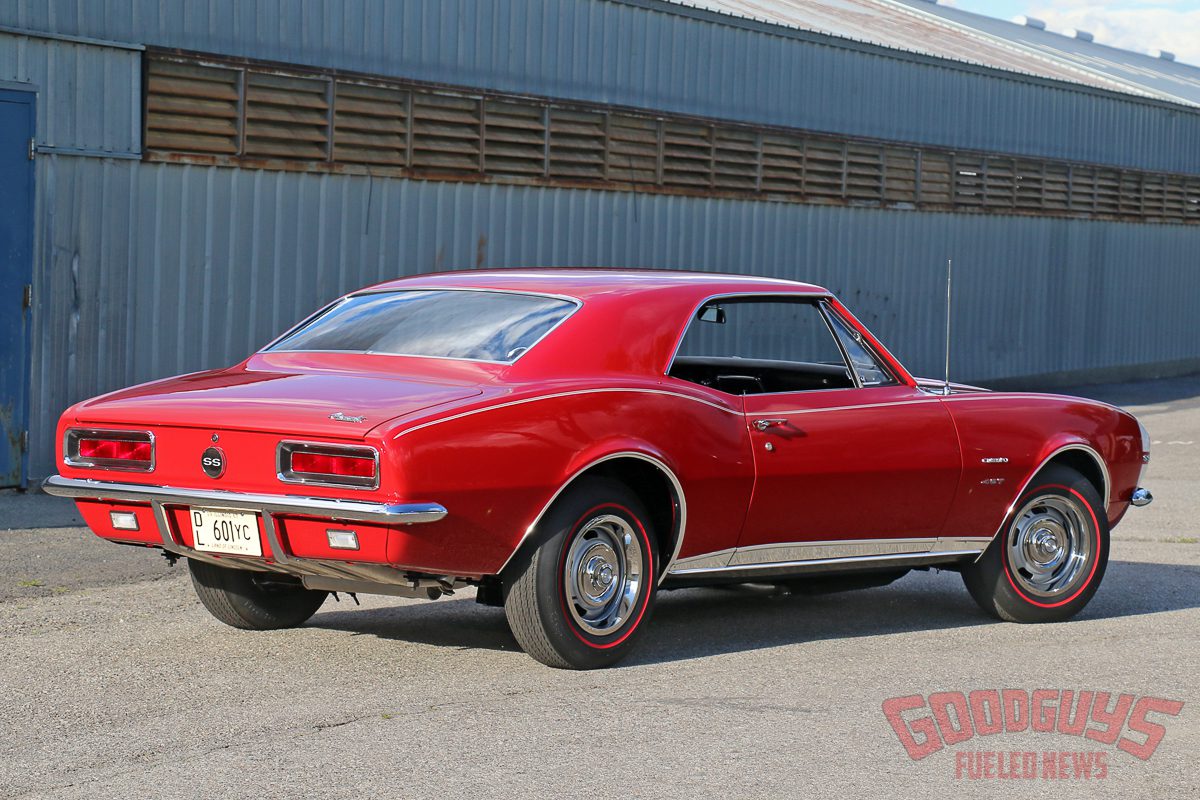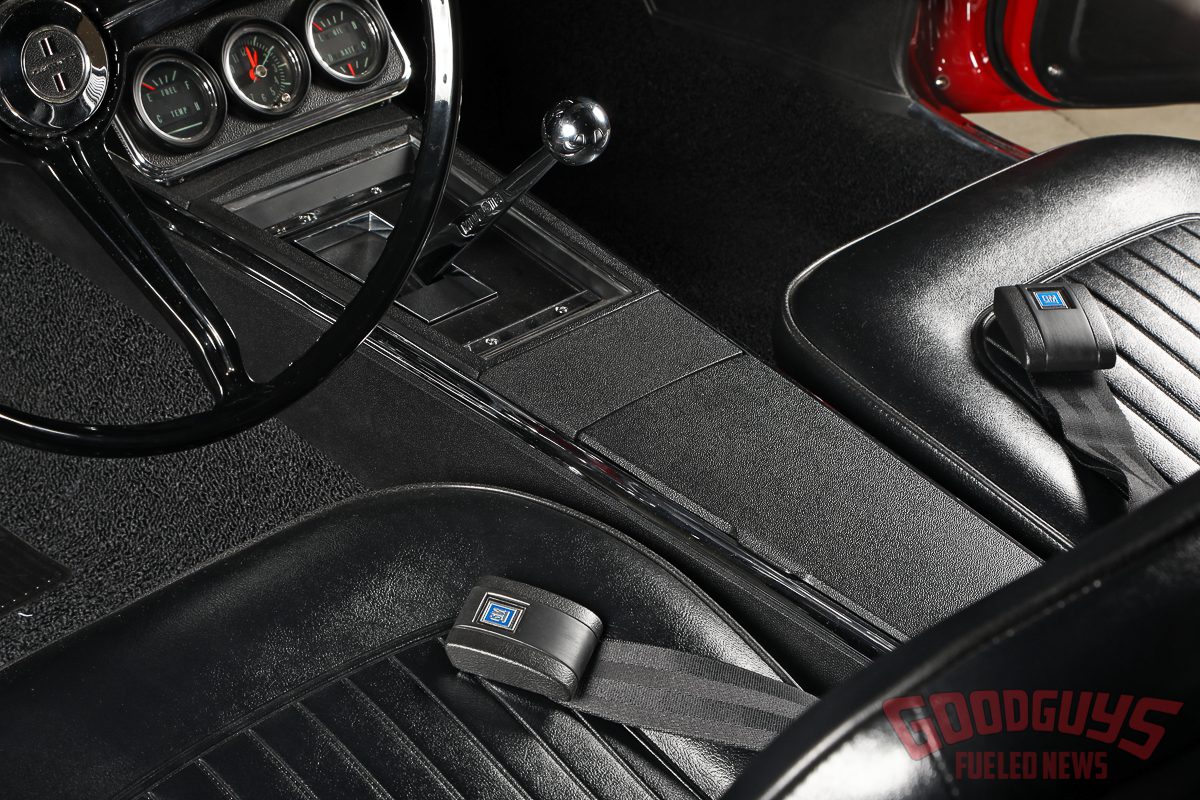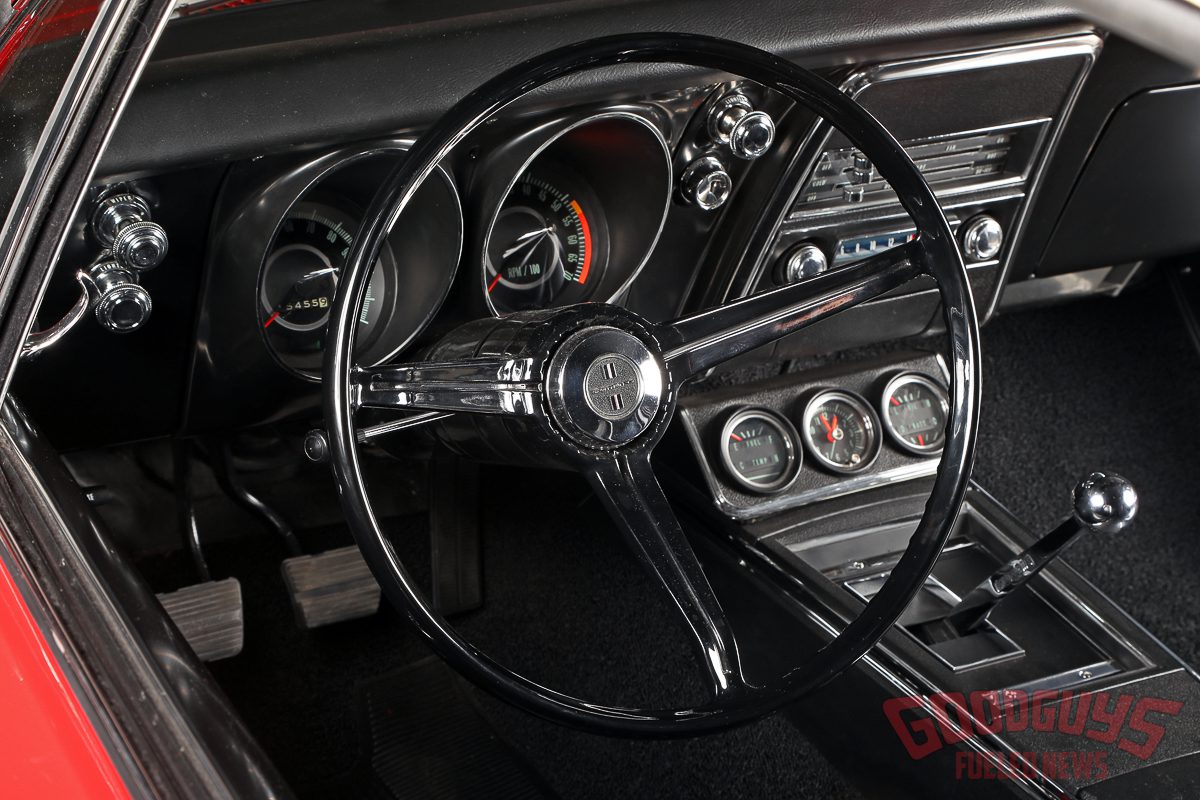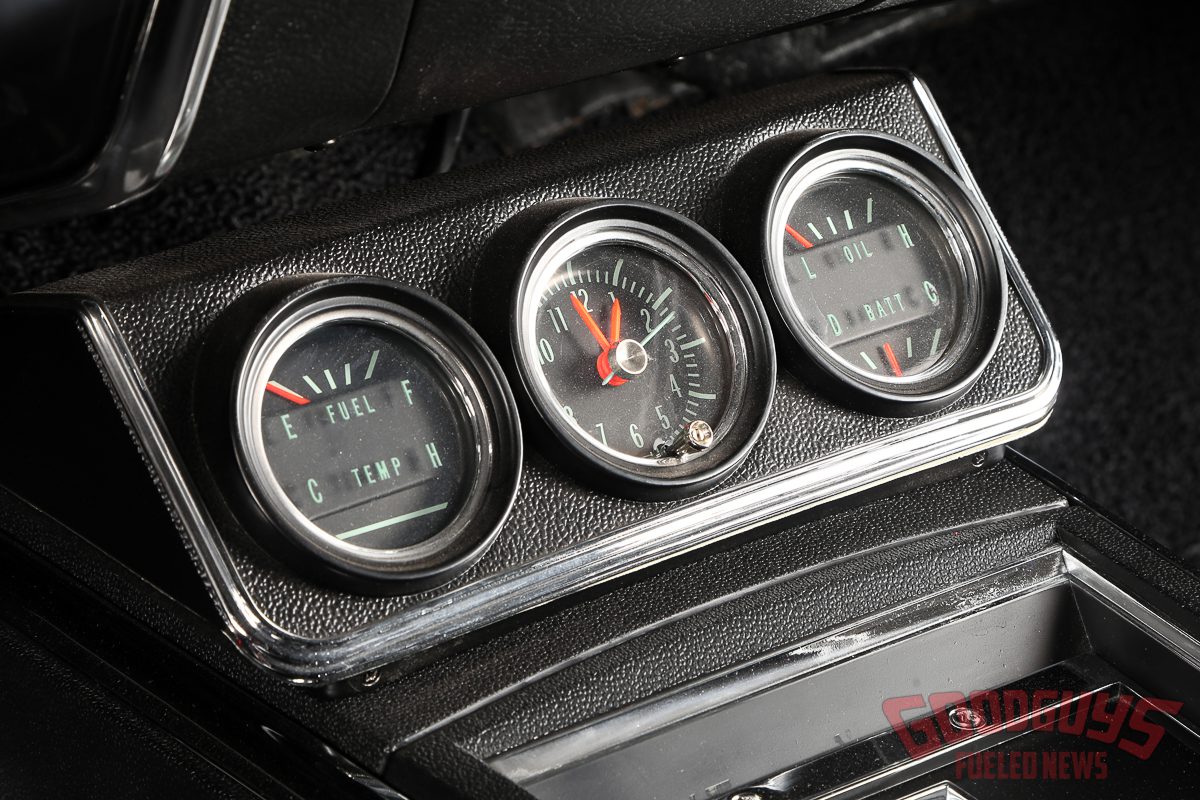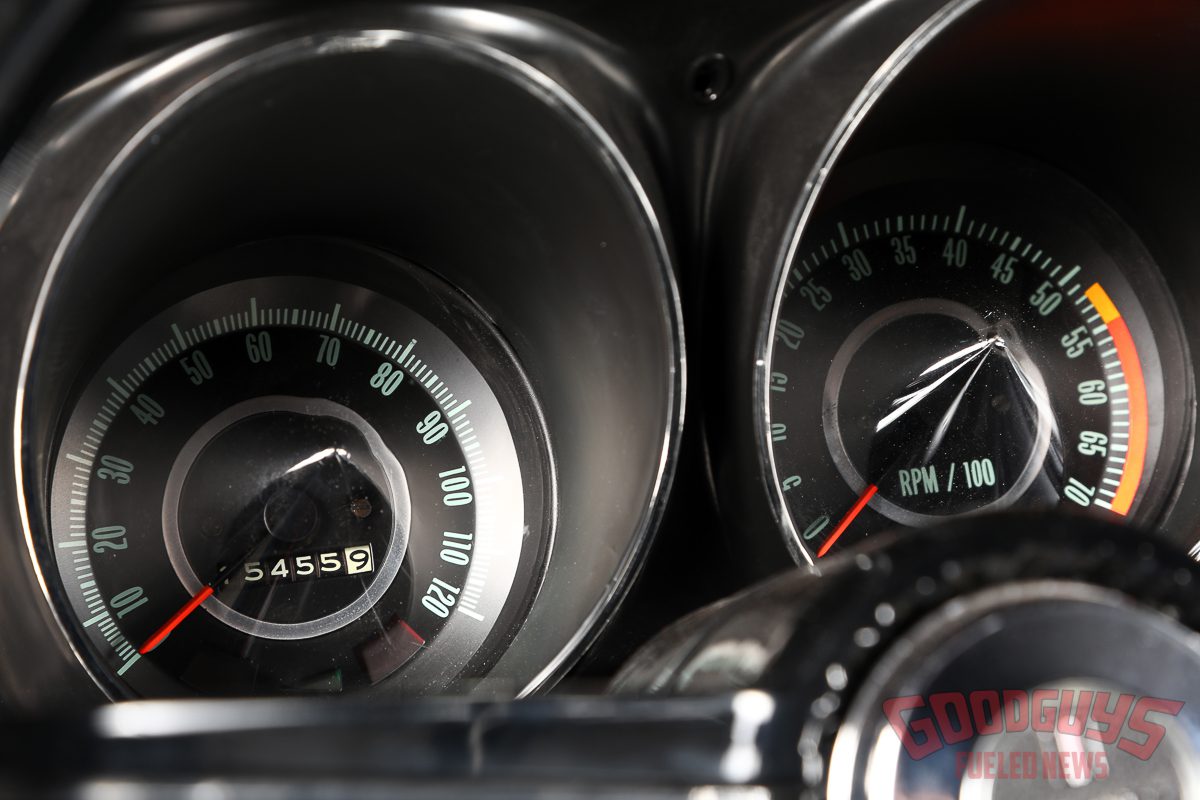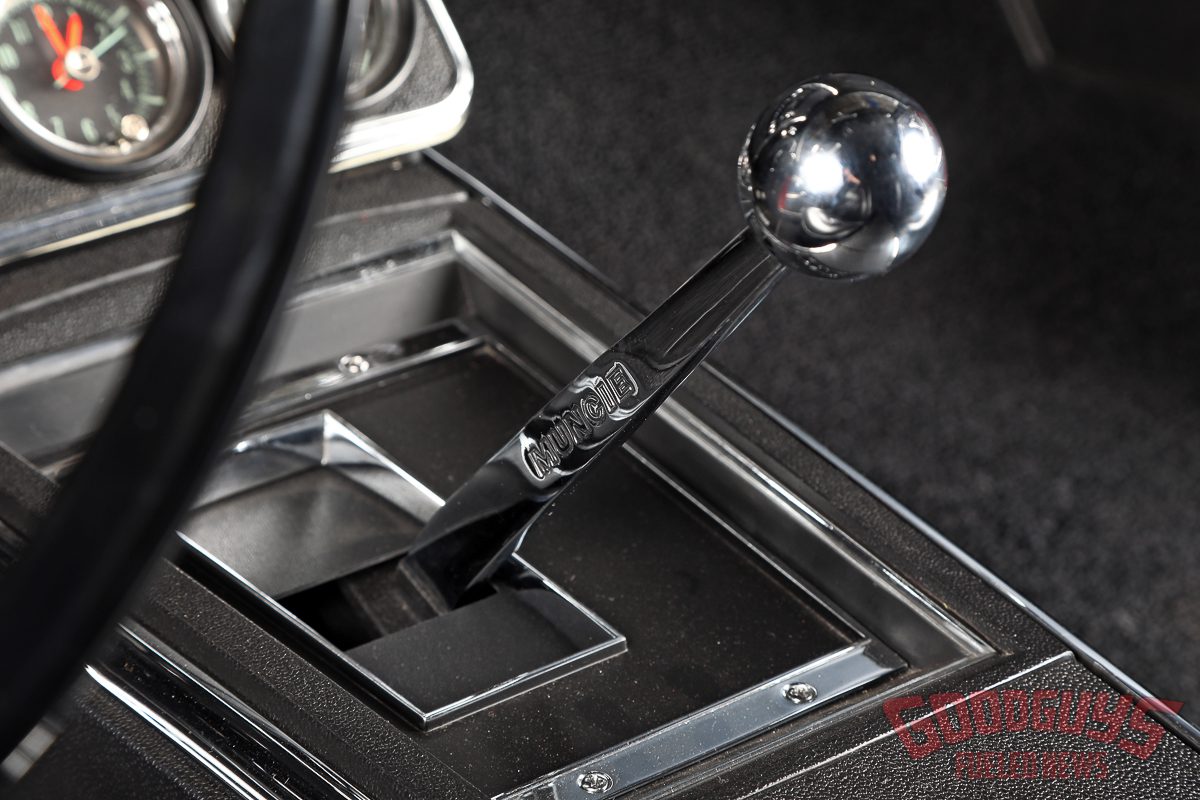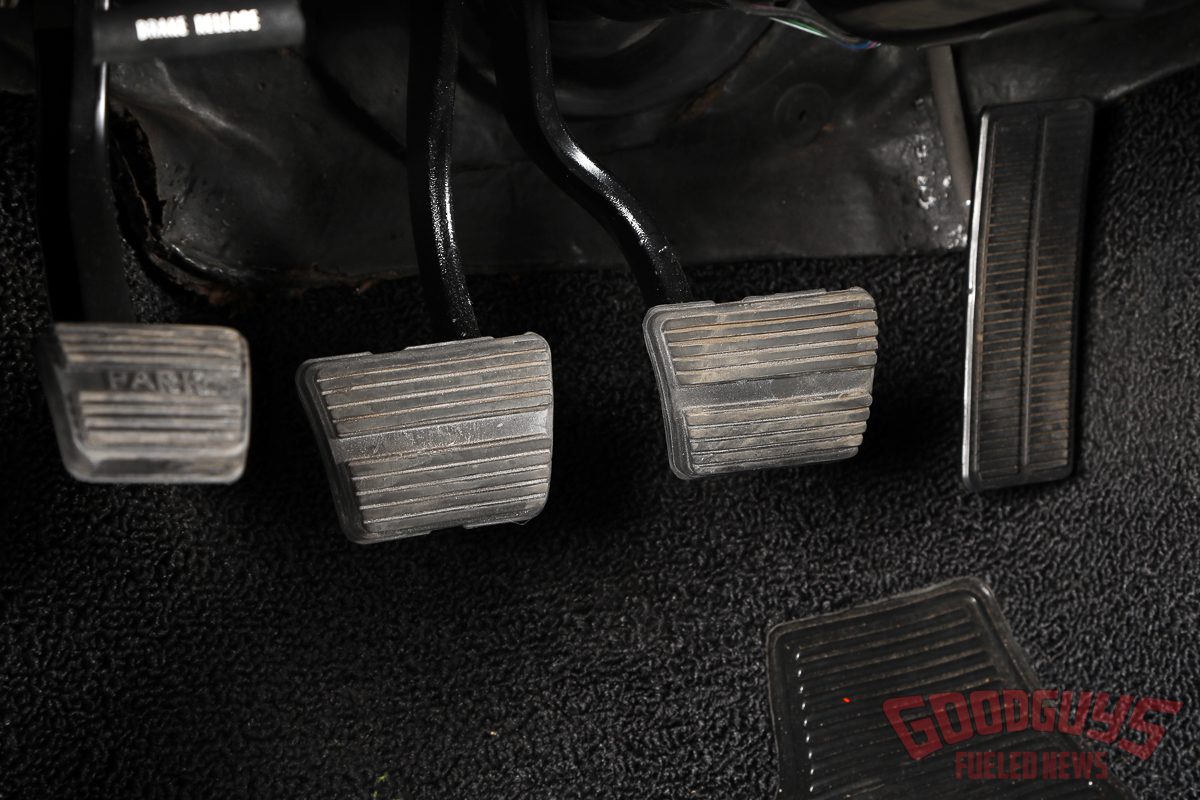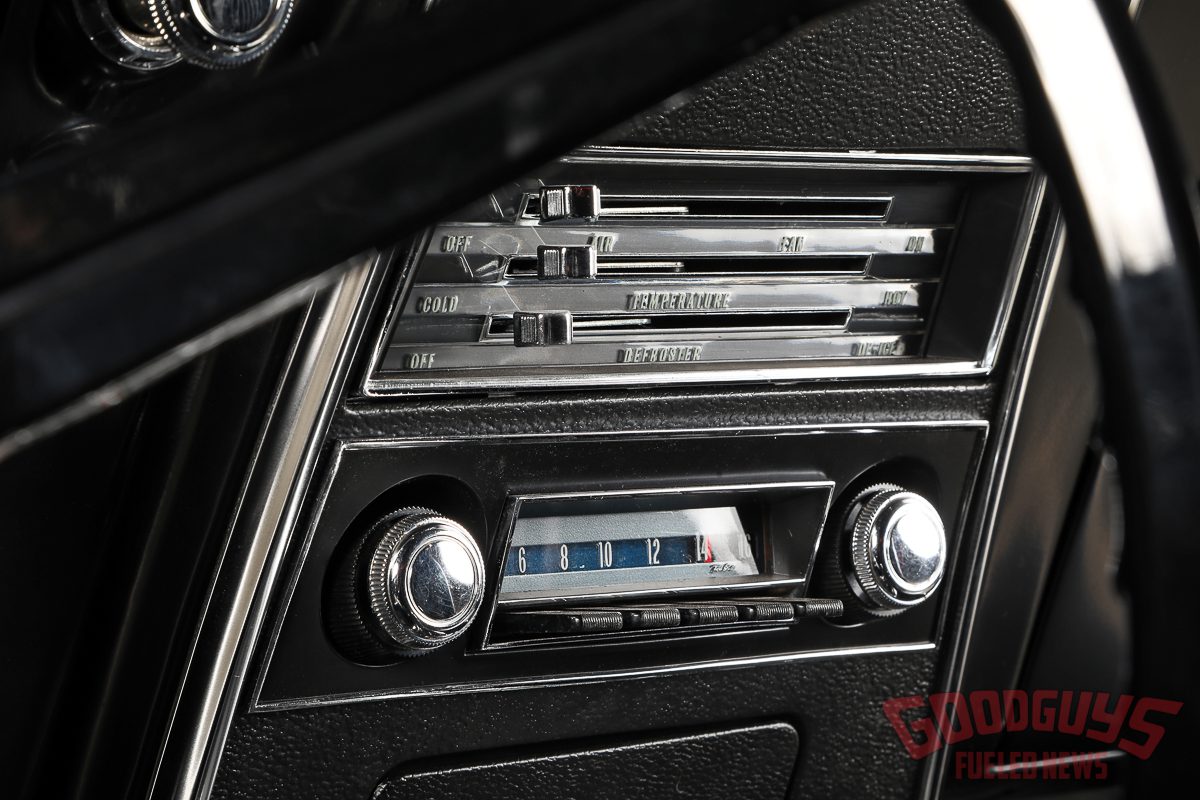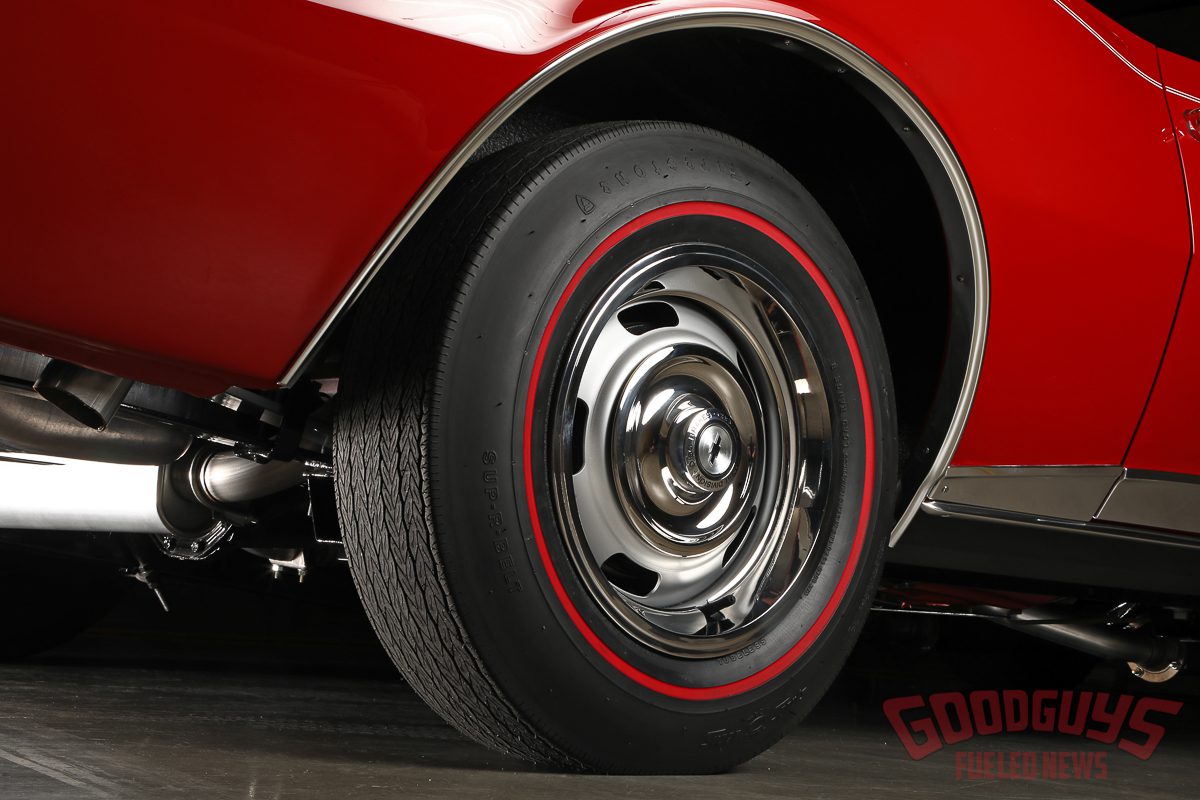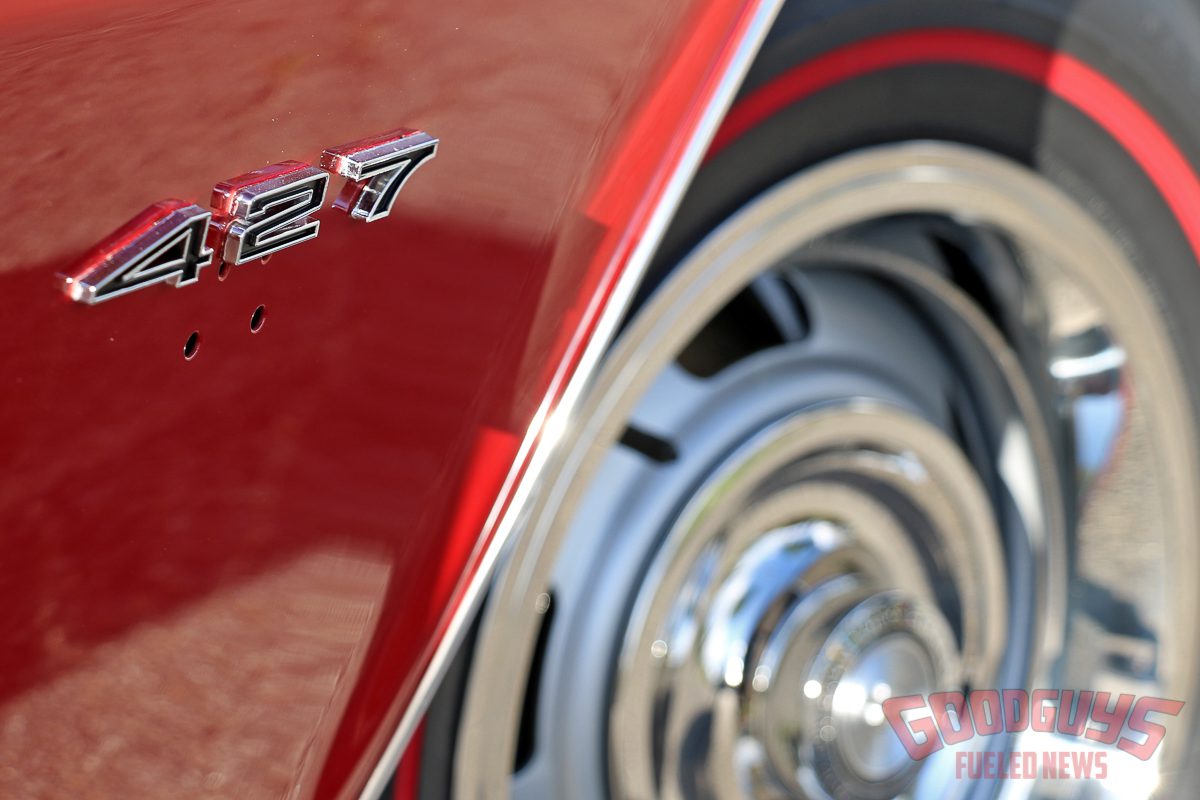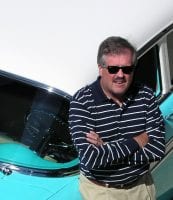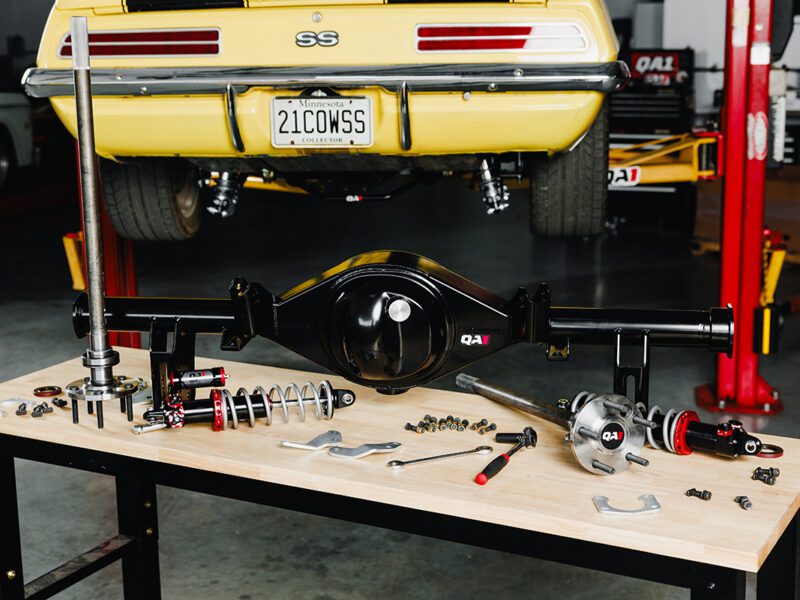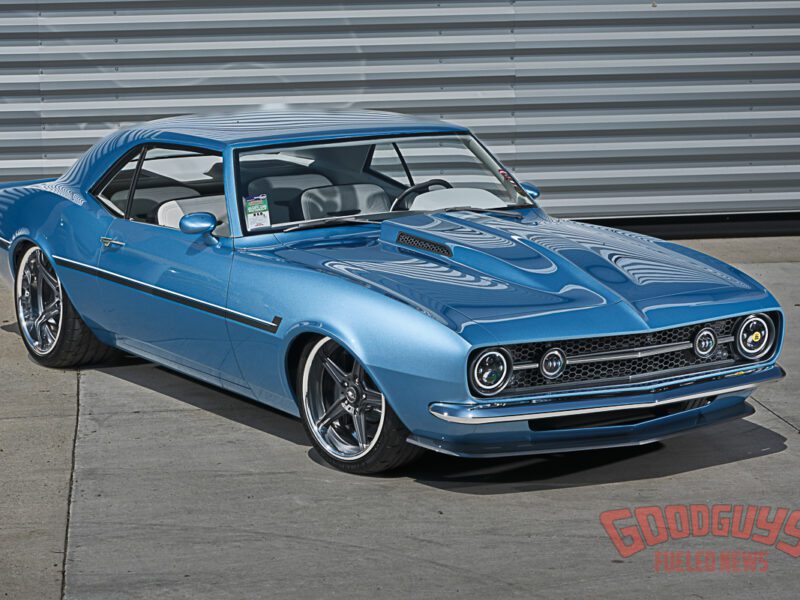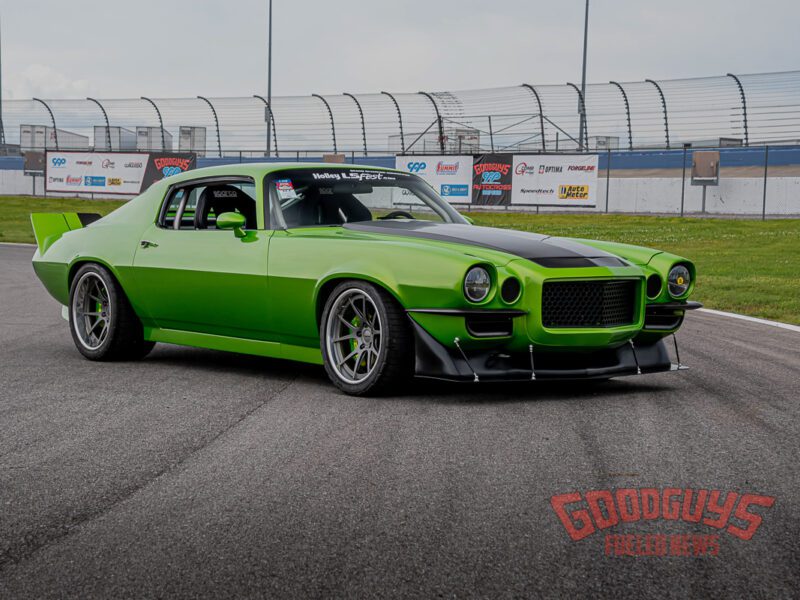The Very First Yenko Camaro Ever Built
Most first-generation Camaro addicts would be excited to own one of these iconic cars. Your Camaro hero, though, should probably be Phil Mitchell of Sumner, Washington. He owns a ’67 Yenko, a ’68 Yenko, and a ’69 COPO, among dozens of other rare muscle cars in his vast collection.
Hold your applause, please. It gets better. His ’67 is the FIRST Yenko to come out of the famous Cannonsburg, Pennsylvania dealership. For the record, Don Yenko was Chevy’s counterpart to Carroll Shelby’s work with Mustangs. Both took factory production models and turned them into street beasts.
When Chevy launched the Camaro in 1967, the corporate powers dictated that no engine larger than 400c.i. could be installed in the cars. Hence, the SS 396 models. Yenko, though, took Camaros fresh from the factory and pulled the engines, replacing them with monstrous 450-horsepower, 427-cubic-inch big blocks.
History has it that the first six Camaros delivered to Yenko contained 350c.i. small block engines before being replaced by SS 396 models. Regardless, only 54 Yenko Camaros were built during the ’67 model year. When Phil acquired this Camaro a couple of years ago, it was pretty much original, including the engine and drivetrain. The only non-stock components were the wheels. Phil turned to Gary Riley and the crew at Level One Restoration in Arvada, Colorado, to perform the meticulous work. Only NOS Chevy parts were used in the rebuild.
The ’67 Yenko Camaros were based on the same models shipped to dealers, so in addition to adding the 427 engines, Yenko upgraded suspensions and other components. Phil’s Bolero Red car has a four-speed transmission with a Hurst shifter, 4.10:1 gears in the rearend, front power disc brakes, and a Stewart-Warner tach and gauge package. The 427 engine is fed by a four-barrel Holley carburetor on an aluminum intake, with Hooker headers steering the exhaust through a tuned dual exhaust system.
The stock black vinyl interior features the standard bucket seats and console, as well as an AM radio. The dash houses a speedometer and full tach, while the additional gauges are mounted between the console and the dash. Factory Rally wheels are wrapped in reproduction redline tires.
One telling detail on the original Yenkos is that the 427 numbers on the fenders are positioned just above the original factory-stamped holes for the crossed-flag emblems, which were left unfilled by Yenko. This unique Yenko has just under 26,000 miles on the odometer. For Phil, he enjoys just being around this historic Camaro, sharing its history, and talking with other passionate enthusiasts about those glory years in the ’60s and ’70s.
Photos by Damon Lee & Chris Shelton

